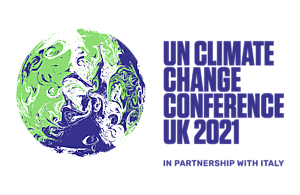 Alyssa Battistoni in Sidecar:
Alyssa Battistoni in Sidecar:
The annual UNFCCC Conference of the Parties, which convenes the 197 states and territories which have signed on to the UN Framework Convention on Climate Change, is one of the anchoring events of climate politics discourse, alongside the release of IPCC reports and increasingly regular occurrence of climate-fueled natural disasters. Since the first was held in Berlin in 1995, when atmospheric carbon levels were around 358 parts per million (today they hover around 414), a steady procession of COPs have produced a great deal of geopolitical drama, but have not yet managed to reduce carbon emissions.
In 1997 there was the fight over the Kyoto Protocol, widely criticized for concessions to the US insistence on market mechanisms; followed in 2001 by George W. Bush’s announcement that he would not implement it anyway. In 2009, many expected that Barack Obama’s election would clear the way for a legally binding agreement at COP15, in Copenhagen – officially branded ‘Hopenhagen’ by the UN. Instead, negotiations nearly collapsed over bitter disagreement between developed and developing countries, and eventually culminated in a weak deal brokered behind closed doors by Obama and Wen Jiabao. Six years later, the Paris agreement was hailed as a world-historic triumph, even though the voluntary commitments made by individual member states failed to add up to the agreement’s stated goals. As climate activists pointed out, and even the text of the agreement acknowledged, although the agreement set a goal of limiting global warming to ‘well below 2º C’, the aggregated commitments would result in an estimated 3º of warming. Nor were the Paris Accords complete: they dictated that signatories update their pledges five years later. This was the key task set for COP26 in Glasgow.
More here.
